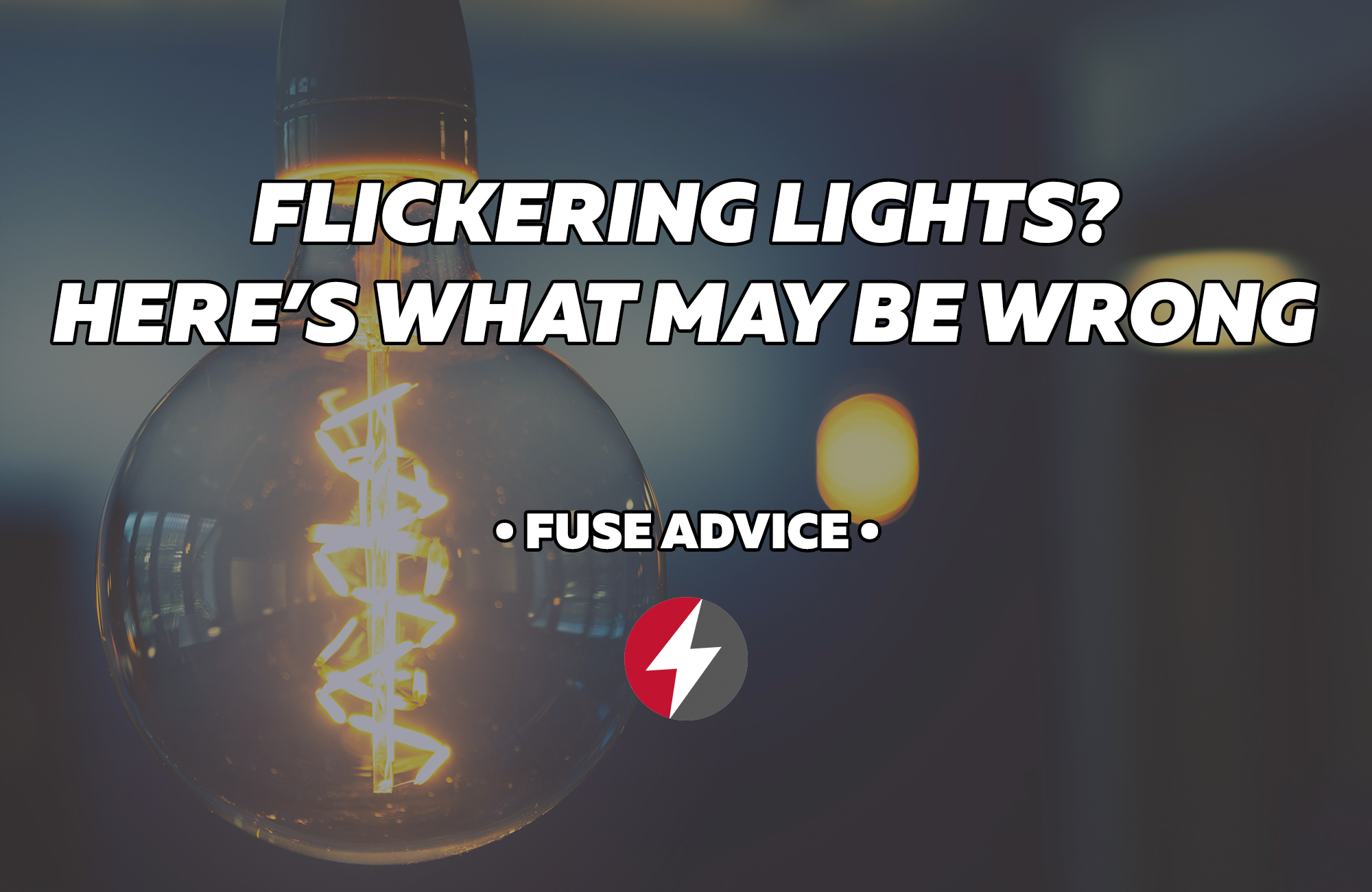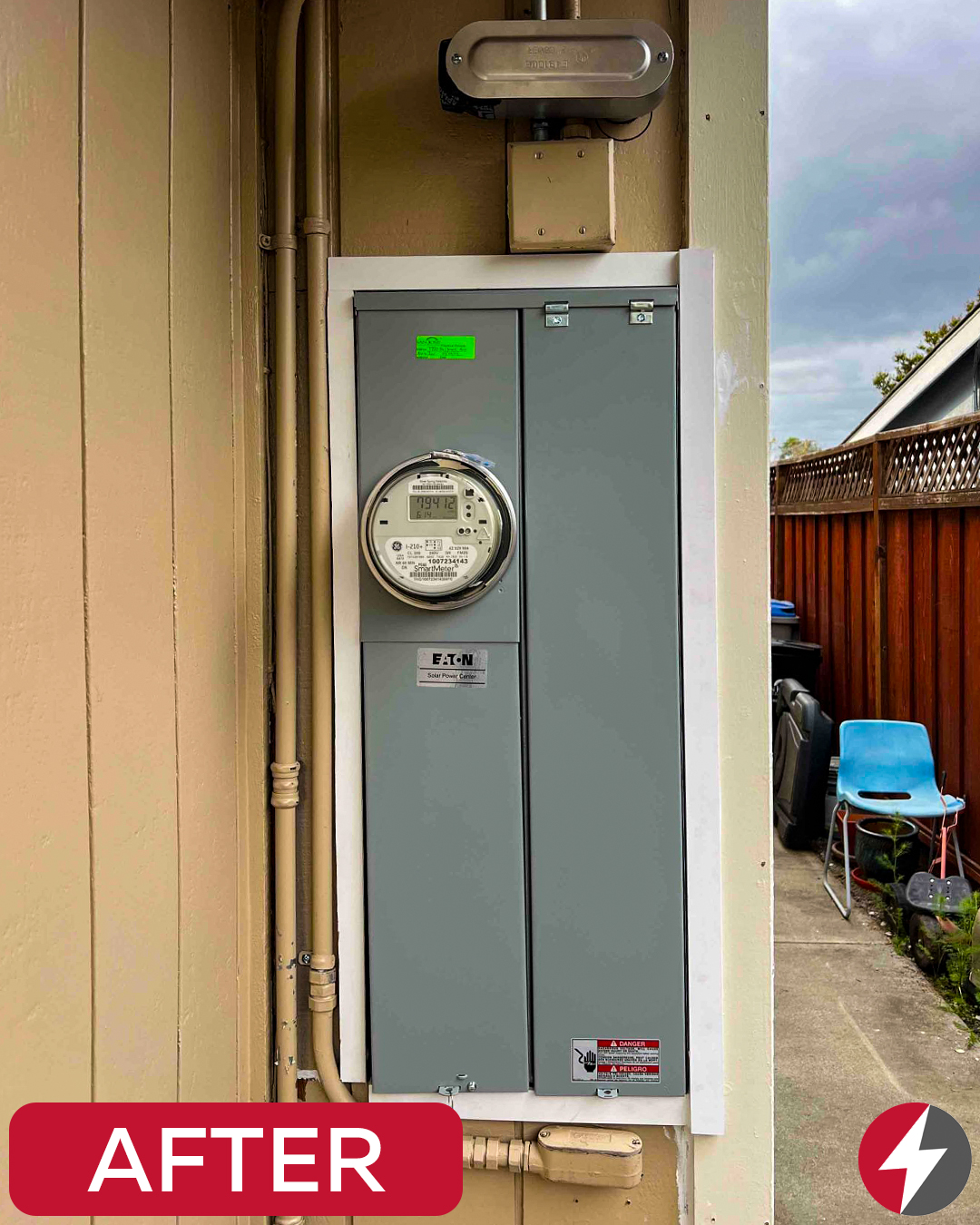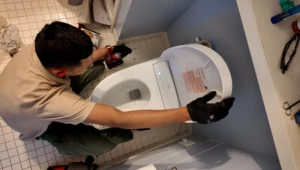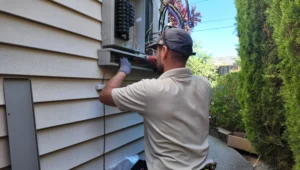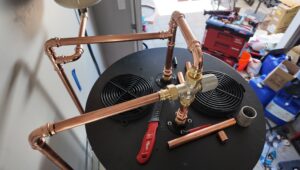 Have you ever been in one room where the lights appear to have a mind of their own and just flicker and get dim randomly? This common household problem might not only be a bother but maybe a warning sign of hidden electrical issues that could threaten your safety and comfort. Let’s discuss why your lights might be flickering, some things you can do on your own to troubleshoot, and when and why to call in a professional. All of which can benefit a homeowner or renter from a safe and well-lighted place.
Have you ever been in one room where the lights appear to have a mind of their own and just flicker and get dim randomly? This common household problem might not only be a bother but maybe a warning sign of hidden electrical issues that could threaten your safety and comfort. Let’s discuss why your lights might be flickering, some things you can do on your own to troubleshoot, and when and why to call in a professional. All of which can benefit a homeowner or renter from a safe and well-lighted place.
Possible Reasons for Flickering Lights
Bulb Type and Compatibility
Some features of the different light bulbs, though, may be the cause of flickering. Incandescent light bulbs have less likelihood of flickering but are still an inefficient use of energy. Compact Fluorescent Lamps may flicker while starting or at the end of their life. LED light bulbs flicker when there is an incompatibility with the fixtures and dimmer switches one might have. The simple step you can take to cut back or altogether eliminate the flickering of your lights is by ensuring compatibility between your bulbs and the fixtures.
Electrical Connection Issues
This is one of the most common reasons for flickering lights: loose or faulty electrical connections. Trouble of this sort can be in any part of your lighting setup, starting from the fixture itself up to the wall switch and even the main electrical panel. They might have loosely connected themselves with the passage of time because of temperature changes or just plain usage, where electrical current takes place intermittently. Most of these problems can be minimized with the regular inspection and tightening of connections.
Voltage fluctuations
Since large appliances like air conditioners, refrigerators, or washing machines draw quite a bit of power when they cycle on, the voltage to your house could therefore go down just a bit. Such an abrupt correction may cause the lights to flicker or dim very briefly throughout your house. If this happens with any kind of regularity, you probably have overloaded your electrical system or have a defective old one. This means that you need to do an upgrade, or the system should be checked to establish more stability.
DIY Troubleshooting
You could do a few basic checks by yourself before you call in the pro. These might even be able to help solve the flickering.
- Check and Tighten Bulbs: At times, flickering lights can be caused by a light that has slightly unscrewed itself. Just check and make sure every bulb is firmly screwed in.
- Check Fixture Connections: Look for any loose wires or connections in the fixtures and switches. If you feel it is comfortable to tighten them up, be sure to turn off the power source before touching the wires.
- Test the Bulb with another: If it flickers still, substitute the bulb with another that you know is working fine at another location. It might show whether the issue is with the bulb or with the fixture.
If these do not cure the flickering, or you find there is a burning smell or sparking, then it is time to call in the professional.
When to Call a Pro
There are situations where the flickering of the light becomes too much
- If a lot of lights or rooms are having similar behavior, then that may indicate a system-wide issue for your home.
- Paired with Other Electrical Issues: Flickering combined with losses of power, strange noises, or burning smells is a very serious issue and needs to be addressed straight away.
- After Major Electrical Work or Appliance Installation: Should your home start flickering after major changes to your electrical setup, consider getting a professional in for an inspection.
How a Professional Can Assist
- Professional electricians could use more advanced diagnostic equipment to exactly pinpoint the cause of flickering lights, like:
- Inspect and Upgrade the Wiring: The wiring in old houses is a necessity to change to make it support the modern needs of electricity.
- Fixtures and Dimmers: Ensure compatibility and make sure all is working at 100%.
- Advise on Electrical System Upgrades: A professional can design and implement solutions that will best help ensure system stability and safety overall if the present system is overloaded.
Hiring a licensed electrician brings the benefit of fast and efficient repair in an excellent and safe manner, protecting your house and family.
Conclusion
From a small irritation to a major signal of a possible electrical problem, many things can result in flickering lights. Knowing common causes and when to try a DIY fix versus when to call in the pros will ensure that your home stays safe and well-lit. Do not let flickering lights become something you learn to live with, as an electrician may be able to do something as simple as tightening a few connections or conducting an inspection. Promptly dealing with them now will prevent further difficulties in the future.
